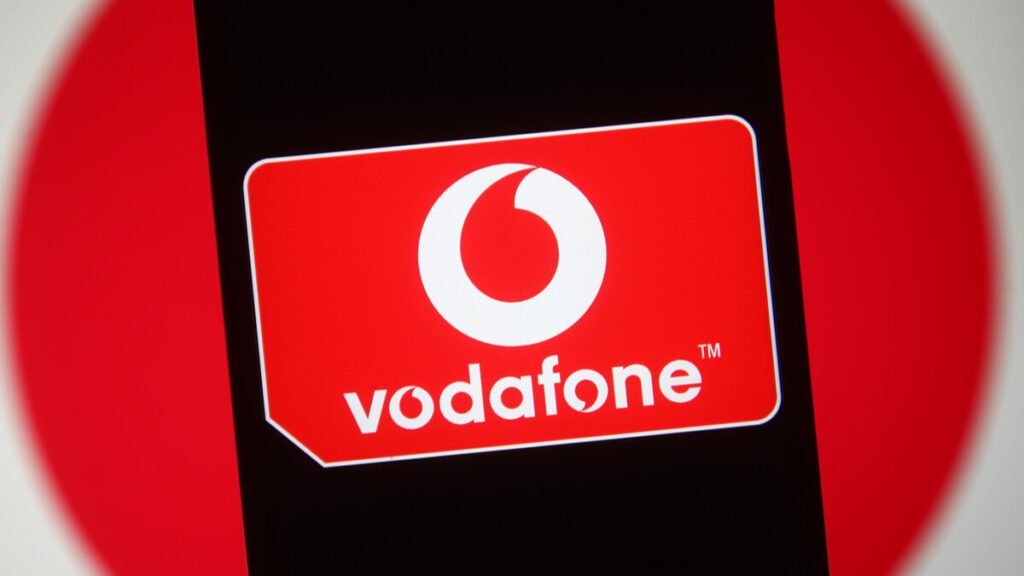
Vodafone Idea’s (VI) fate is now controlled by the Indian government as the impending demise could immensely affect telecommunication service rivals, stakeholders, and the government, resulting in catastrophic outcomes on the country’s telecom sector.
India’s telecommunication sector is wielding its final strategies to push itself from the underlying financial concerns, with Aditya Birla Group’s subsidiary, Vodaphone Idea, praying for supreme governmental reforms to prevent its fall from grace.
On Tuesday, the telco’s shares reached a soaring 11 percent on the Bombay Stock Exchange (BSE) throughout condensed share trading volumes in a subdued market. At 10:40 AM, the firm’s stock was up 8 percent, with an accumulated 491 million equity shares traded in India’s National Stock Exchange (NSE) and BSE.
In its last six trading days, the telecom company attained 34 percent after hitting a 52-week low last month. This came as a follow-up to the firm’s request to the Department of Telecommunications (DoT) to adjust arithmetic errors in the computation of Adjusted Gross Revenue (AGR) demands – which in return was denied by the Supreme Court concerning modification application requested by the firm and various operators.
AGR is the usage and licensing fee that the telecom operators are charged by the DoT. It is categorized into different spectrum usage charges and licensing fees typically pegged between three to five percent.
In response to the DoT’s order, Vodafone Idea submitted a review petition that rejected the order, which is currently pending a final response.
“Your company is disappointed by the verdict and will take further legal recourse as appropriate. Your company believes the government recognizes the criticality of the sector and the importance of retaining healthy competition amongst private sector operators. Your company’s robust wireless digital infrastructure covering 1.2 billion population for mobile telecommunication services has played a key role in nation-building and is critical for the country’s Digital India Mission,” Vodafone Idea disclosed in the financial year 2020-2021 annual report.
Last week, chairman of global conglomerate Aditya Birla Group Kumar Mangalam Birla – who resigned as Vodafone Idea’s chairman in August – and Vodafone Group CEO Nick Read conducted a meeting with the Indian governmental figures in New Delhi, in hopes to recoup their joint project from what seems to be its destined financial demise.
The meeting was called upon due to Vodafone Idea’s fundamental need to acquire a bailout package from lenders and the government, to sustain its existence and position in the industry.

It is worth mentioning that Aditya Birla Group owns 27.6 percent, while U.K.-listed Vodafone owns 44.3 percent of the mobile telecom operator’s shares.
“Vodafone Idea Limited (VIL) has been under financial stress as reflected by mounting losses and burgeoning debt levels, which is likely to impact its financial lenders as well as Government, apart from having a bearing on its employees, its subscribers, and associated industries, most prominently towers,” revealed a report by the Indian agency ICRA.
At this point, governmental support is a necessity and not a luxury, as it could be the only aspect that could pull the company from the financial depression it is sinking in. Legal support could take the form of procrastinating any spectrum dues accumulated on the telco, reduction in levies, and reduction in interest rates.
Vodafone Idea’s overwhelming financial burden is led by its $26 billion debt, not excluding spectrum payment obligations, AGR liability due to the government, banks, and financial institutions’ liabilities.
Due to the telco’s monetary burden, the ICRA revealed that the country’s towers will most prominently be affected since there are approximately 550,000 towers connected to the company – with a singular tower obtaining various tenancies.
In the event of the telco service provider’s vacancy in the sector, the tower industry might need to fill in the void left by around 180,000 tenancies that the company is currently fulfilling their roles, with only 40 to 50 percent of them are likely to be reclaimed by tower companies between 18 to 24 months.
While India’s telecommunication sector is most likely to suffer from excruciating financial pressure due to what could be Vodafone Idea’s free-fall, the telco demonstrates optimism that the government will give much-needed support to focus on and handle any problems the sector is currently facing and might encounter.